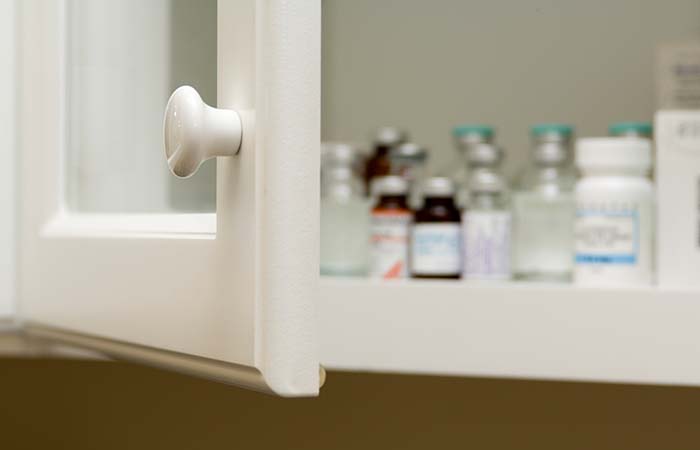Medicines waste in NI costs over £18m a year, says Department of Health
In News
Follow this topic
Bookmark
Record learning outcomes
Unused medicines cost Northern Ireland’s health service over £18m each year, the Department of Health has said.
In a statement yesterday, the DH said an estimated 165 tonnes of unused medicines worth £18m are disposed of by the public each year, with the cost of safely disposing of these drugs amounting to £650,000.
The department said it is working with GPs and community pharmacists to tackle unnecessary prescribing, explaining that for individual patients this could mean prescriptions being stopped, changed or the amount reduced following an assessment by a healthcare professional.
It urged the public not to “stockpile” medicines and added: “In Northern Ireland, we use more of almost every type of medicine than in other parts of the UK and the number of prescriptions written for patients is rising each year.”
Chief pharmacist Cathy Harrison said: “Medicines waste occurs for many reasons but sometimes patients receive or order medicines they don’t actually need or use, or use only occasionally.
“Reducing this level of wastage is therefore something that we can all play our part in tackling. For instance, work has shown that around 30 per cent of the medicines returned to community pharmacies have not even been opened. This means that patients are ordering and receiving medication that they don’t need and won’t use.
“While I would stress that patients with unused medicines should return them to community pharmacies for safe disposal, this too has a cost as the returned medicines can’t be reused and need to be destroyed.
“These figures do not include the medicines waste that is disposed of in our normal household waste or flushed down toilets, which should never happen because it goes into the water system and has an added impact on our environment.
“By reducing the amount of medicines waste that is disposed of in our normal household waste or flushed down toilets, which should never happen because it goes into the water system and has an added impact on our environment.
“By reducing the amount of medicines being wasted each year, we can increase the available funding for other much needed health and care services and at the same time have a positive impact on our environment.”

